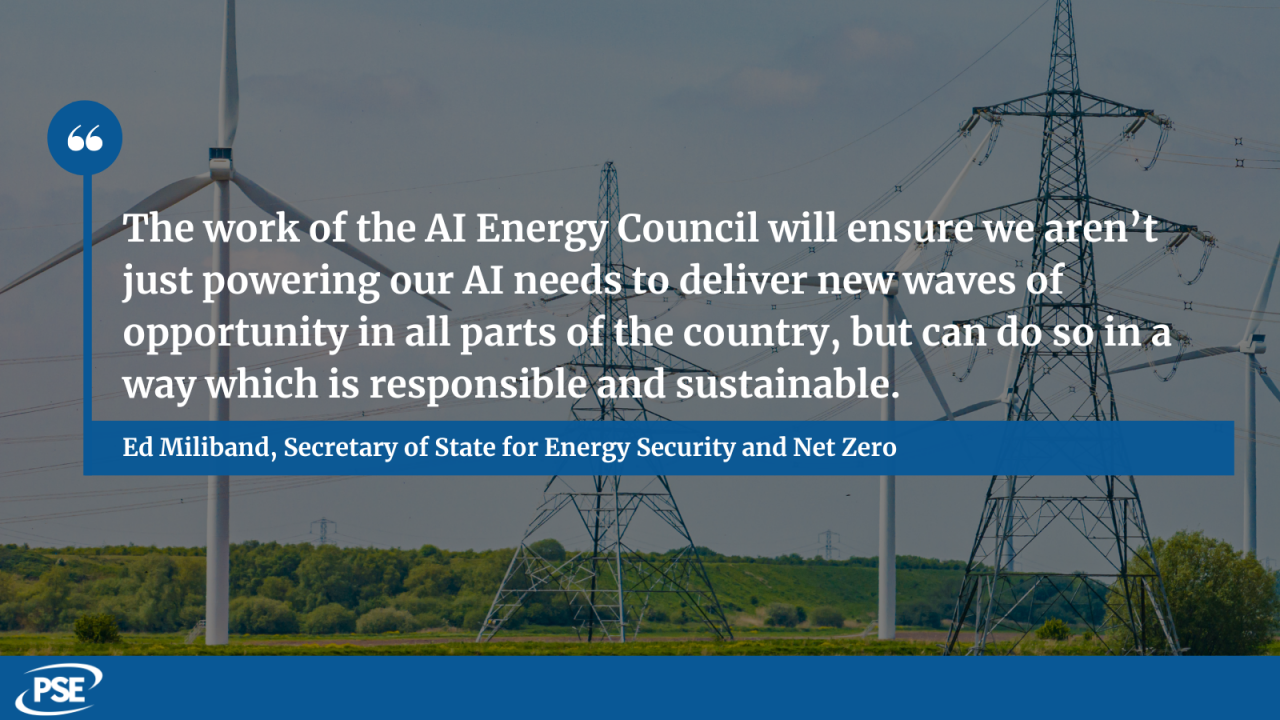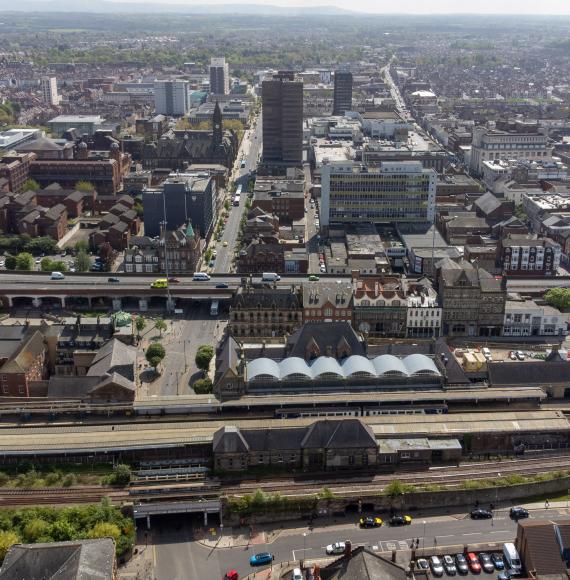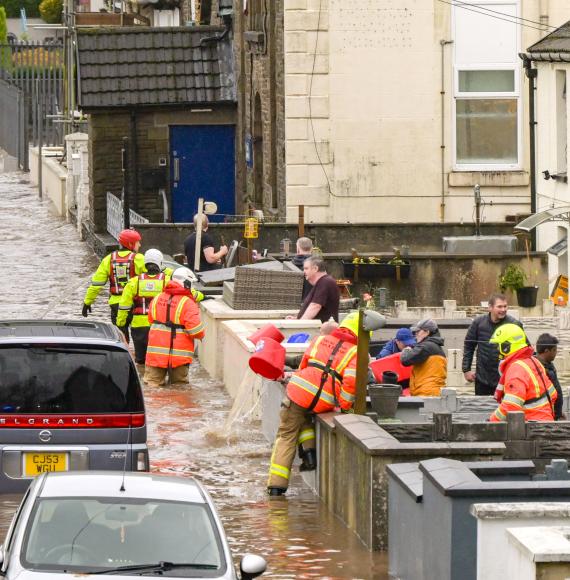The UK government has launched a new council, co-chaired by the Technology and Energy Secretaries, to align its clean energy superpower mission with advancements in AI and computerinfrastructure. This initiative aims to drive economic growth by leveraging the synergy between clean energy and AI technologies.
During its inaugural meeting, the council will set objectives focused on enhancing energy efficiency and sustainability in AI and data centre infrastructure, including water usage. The council will also ensure the secure adoption of AI across the UK's energy network.
Unveiled in January as part of the government's AI Opportunities Action Plan, the council will gather expert insights on the energy demands of AI. This move places AI at the forefront of the UK's economic growth strategy, as outlined in the Plan for Change.
Addressing global concerns about the energy demands of AI data centres, the UK is establishing AI Growth Zones in areas with access to at least 500MW of power. This capacity, equivalent to powering two million homes, is expected to attract significant private investment, create local jobs, and stimulate economic growth.

Ed Miliband, Secretary of State for Energy Security and Net Zero, said:
“The work of the AI Energy Council will ensure we aren’t just powering our AI needs to deliver new waves of opportunity in all parts of the country, but can do so in a way which is responsible and sustainable.
“This requires a broad range of expertise from industry and regulators as we fire up the UK’s economic engine to make it fit for the age of AI - meaning we can deliver the growth which is the beating heart of our Plan for Change.”
The government is collaborating with Ofgem and the National Energy System Operator to reform the UK's connections process. Pending final approvals, these reforms could release over 400GW of capacity from the connection queue, accelerating the development of large-scale AI data centres.
The council comprises 14 organisations, including EDF, Ofgem, National Energy System Operator (NESO), Scottish Power, National Grid, Google, Microsoft, Amazon Web Services, ARM, and Brookfield. This collaborative approach aims to expedite energy projects and support the growing number of tech companies planning to build data centres in the UK.
As part of the Clean Power Action Plan, the government is prioritising infrastructure projects needed to connect more homegrown clean power to the grid by 2030. This effort will streamline the grid connection queue, enabling crucial infrastructure projects and unlocking billions in investment.
Accelerated planning approvals will ensure that AI innovators have access to cutting-edge infrastructure and reliable power, driving the next wave of AI opportunities.
Image credit: iStock



















